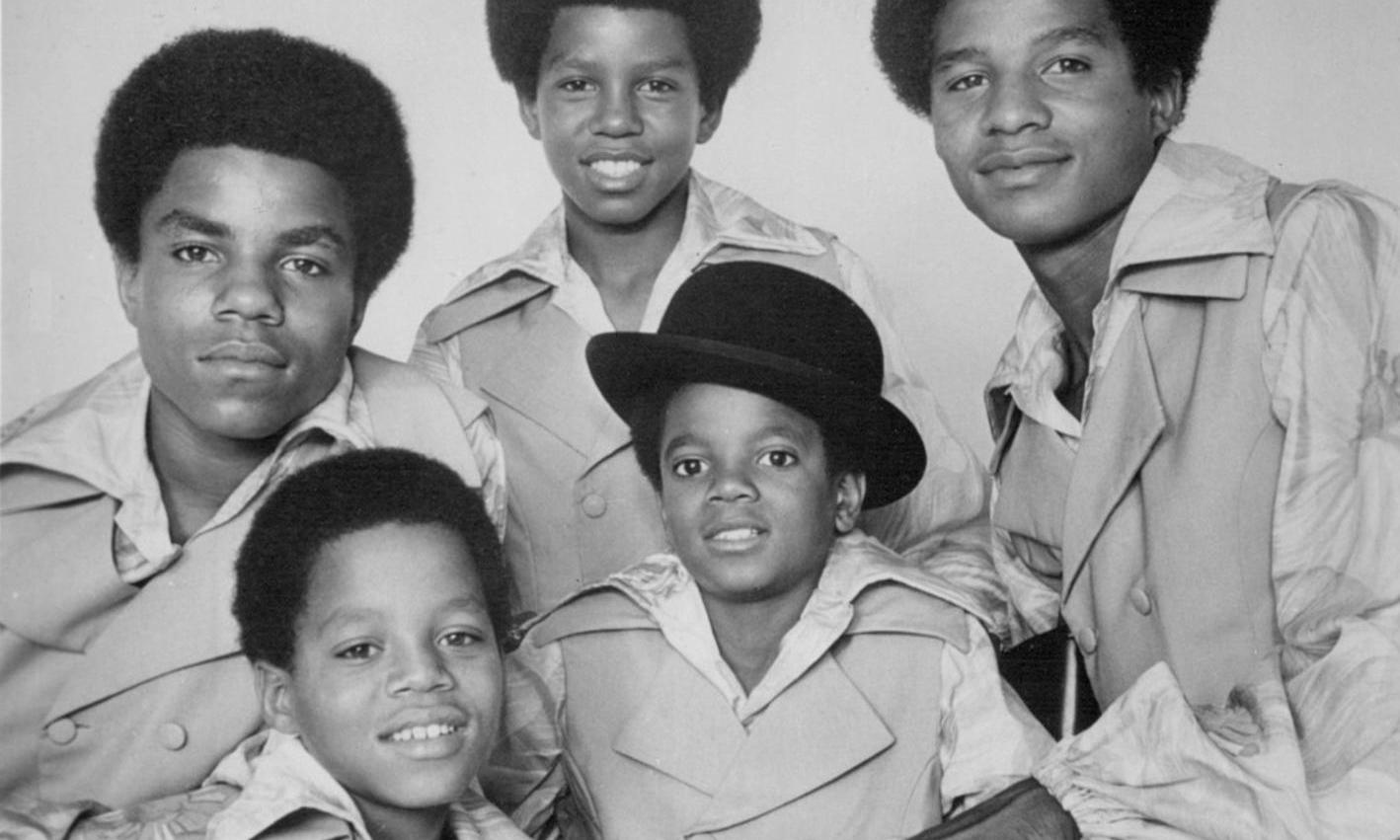The 50th anniversary of ‘I Want You Back’
The Gary, Indiana quintet of brothers, the Jackson 5, in 1969.
October 7 marks the 50th anniversary of the release of the Jackson 5’s debut single “I Want You Back” on Motown Records. “I Want You Back” introduced the world to the Jackson 5, “and specifically their enormously talented lead singer Michael Jackson,” says Jack Hamilton, assistant professor of American studies and media studies at the University of Virginia and pop critic for Slate magazine.
“I Want You Back” was written by the Corporation, a songwriting team including Deke Richards, Freddie Perren, Alphonso Mizell and Motown founder Berry Gordy. And even though the Jacksons were qualified musicians, Motown hired highly skilled studio musicians to record the song’s instrumental track, including the Jazz Crusaders’ Joe Sample and Wilton Felder.
“This jewel was cut before the Jacksons got into the studio,” writer David Ritz says. “The Jacksons of course had to put the gleam on the jewel, but it is very much a producer-driven vehicle.”
While the songwriting and instrumentation remain of the highest quality, the most attention-grabbing element of the recording is the bright rambunctious voice of a young Michael Jackson singing the lead. “Michael Jackson’s voice, for one, is pure, it’s pristine and it’s clear,” says Melissa A. Weber a.k.a. WWOZ’s DJ Soul Sister. But, “as bright as his vocal is, the lyric is a bit dark.”
The lyrics detail the story of a male narrator who disregarded his lover and is now begging to have her back. “You’ve never heard a vocal quite like this before from a prepubescent child,” Hamilton says. “He really conveys this sense of desperation … and all these things that you would not normally expect for an 11-year-old to be able to get across so effectively.”
“I Want You Back” also marks the beginning of Motown’s operational transition from Detroit to Los Angeles. The Jackson 5 were one of the first Motown groups who recorded almost all their material in Los Angeles. “It really marked the end of the classic Detroit-era of Motown,” Hamilton says.
“Not only did [“I Want You Back”] take off,” Ritz says, “it was like a rocket ship.” “I Want You Back” went to number one on the pop charts, as did the next three Jackson 5 single releases. “There was Jacksonmania back then, way before Michael struck out on his own as a solo star,” says Adam White, author of “Motown: The Sound of Young America.”
Jackson’s alleged molestation of young boys, depicted pretty convincingly in the recent HBO documentary, “Leaving Neverland,” has led some people to stop listening to his songs altogether. But some of those same fans give “I Want You Back” and other early Jackson 5 recordings a pass, since Michael Jackson was himself a child when he recorded them.
“I feel some discomfort listening to some of Michael Jackson’s music — particularly some of the music he made when he was older and more firmly in adulthood,” Hamilton says. “I don’t really have a problem listening to a song like ‘I Want You Back,’ partly because I love it so much but also because it’s probably one of the least complicated artifacts in Michael Jackson’s catalog.”
